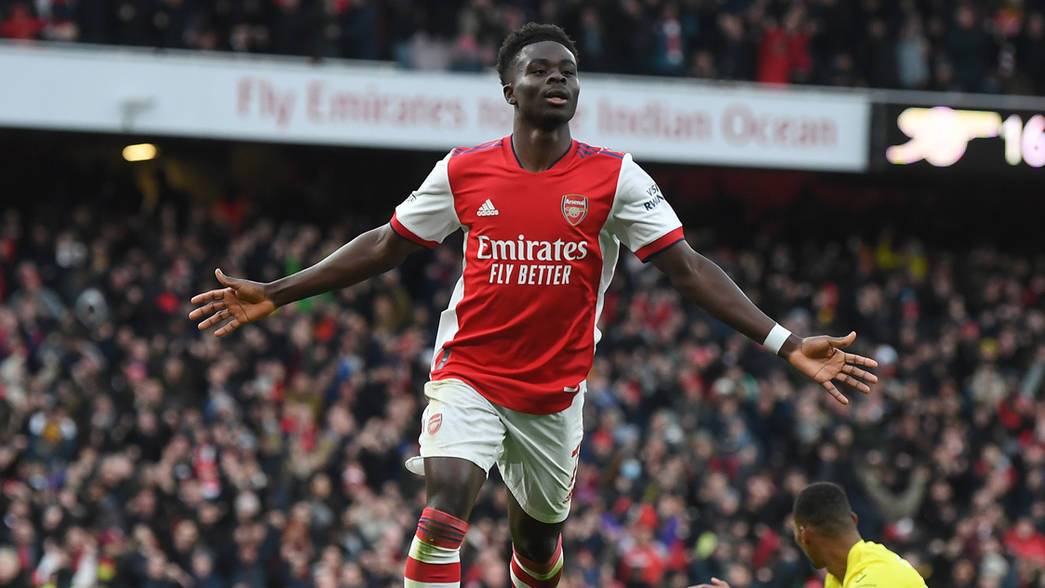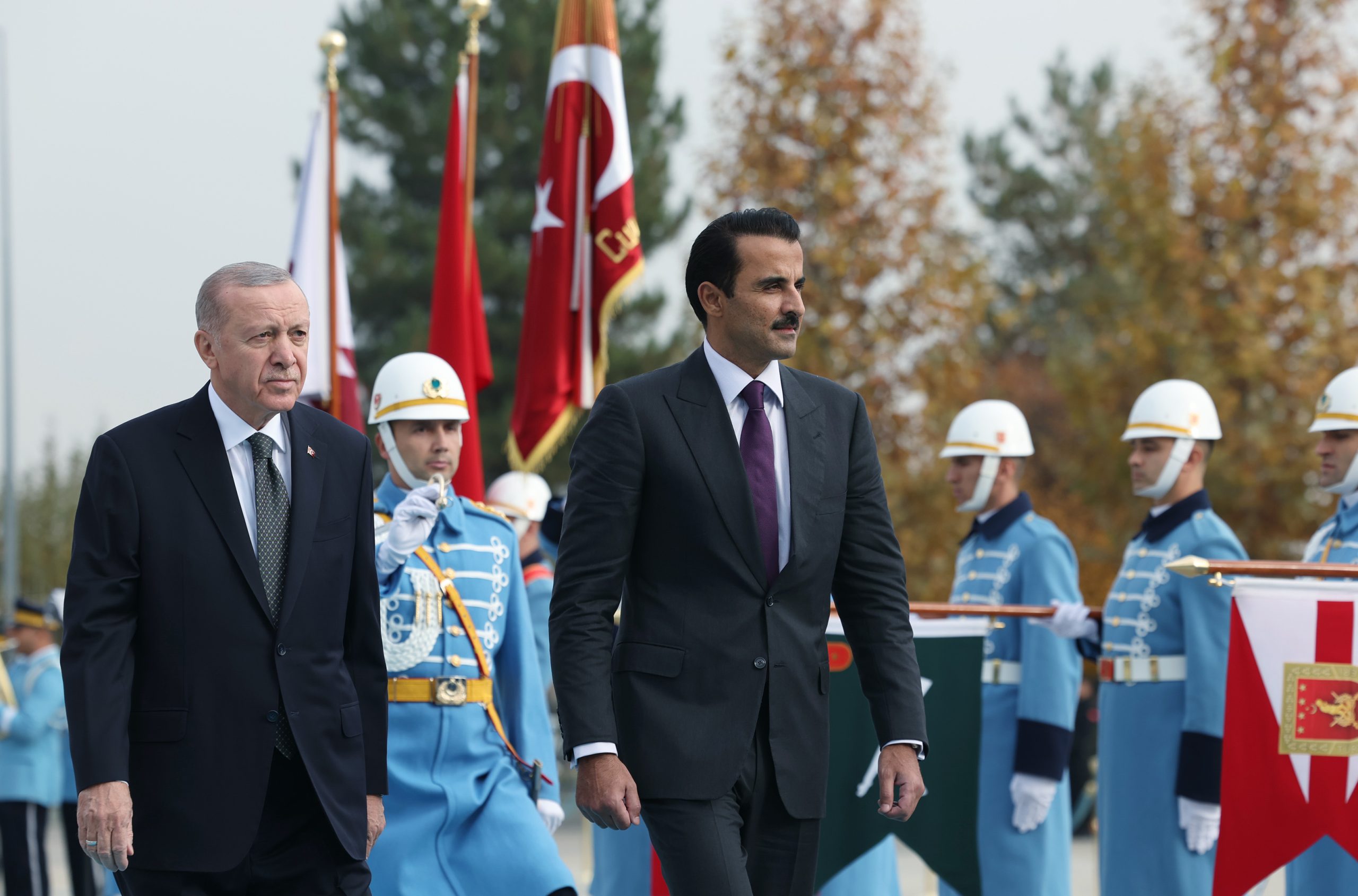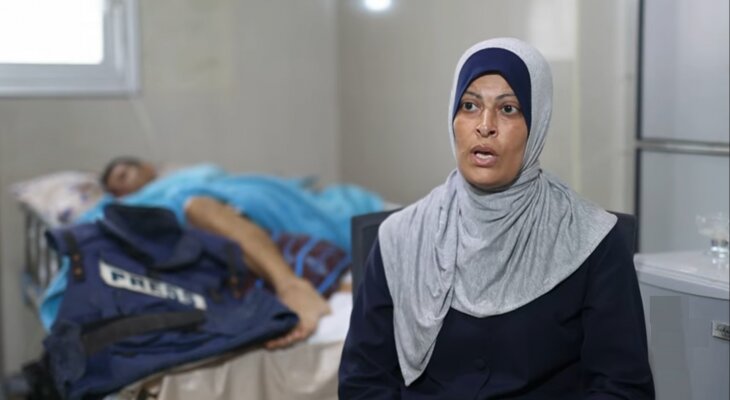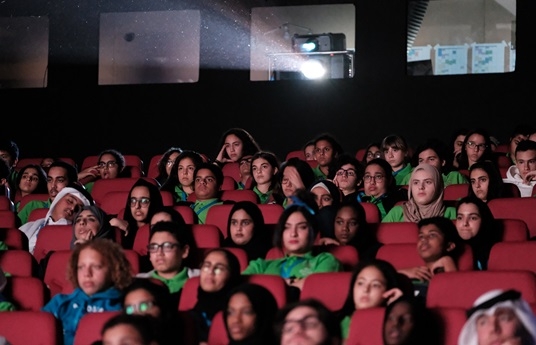All players from the 32 participating teams will be offered the service to protect their well-being during the tournament.
Football chiefs have unveiled plans to utilise technology to identify and eradicate internet abuse directed towards players during the World Cup in Qatar and beyond.
Just days ahead of the FIFA World Cup Qatar 2022’s kick-off, FIFA and FIFPRO, the global representative organisation for professional footballers, have introduced a social media protection service (SMPS) to combat discrimination and safeguard players’ mental health and well-being.
All 32 participating member associations’ players at the FIFA World Cup will have access to a specialised monitoring, reporting, and moderation service through SMPS.
The service aims to reduce the visibility of hate speech directed at them on social media and, as a result, shield players and their supporters from online abuse throughout the competition.
“FIFA is committed to provide the best possible conditions for players to perform to the best of their abilities,” said FIFA President Gianni Infantino.
“At the FIFA World Cup Qatar 2022, we are happy to launch a service that will help to protect players from the damaging effects that social media posts can cause to their mental health and wellbeing.”
It is the duty of football to safeguard its players and the surrounding community from the harassment and abuse that they increasingly experience at work, FIFPRO President David Aganzo stated.
He added that such abuse significantly affects the victims’ personalities, families, performance, general well-being, and mental health, and something must be done to protect them.
“We hope that the social media protection service provides a starting point to help to defend participants from abusive messages and that social media companies join and support us in tackling the issue at the FIFA World Cup.”
Willian, a former forward for Brazil, is supporting the launch of the FIFA social media protection service after personally experiencing the challenges brought on by online abuse.
He was recently playing in Brazil when his family was threatened and harassed online; as a result, was forced to leave. Now, Willian plays for Fulham FC in England.
“I was suffering a lot, and my family were suffering a lot because people started attacking us on social media, attacking my family, my daughters, and that’s why I’m standing now with FIFA to see if you can stop these kinds of things,” Willian said.
Following the release of two independent reports by FIFA and FIFPRO in June that highlighted the rising volume of abuse directed at footballers on social media during international competitions, a social media protection service was introduced.
The report used artificial intelligence to track more than 400,000 posts on social media sites during the Euro 2020 semifinals and final, where England’s Marcus Rashford, Jadon Sancho, and Bukayo Saka received abuse after missing important game-deciding penalties.
Additionally, this year’s Africa Cup of Nations final between Egypt and Senegal found that more than half of the players involved faced some form of discrimination.
According to the research, 90% of the accountable accounts’ owners are traceable, and as a result, the social media companies and law enforcement may take action against them.
Meanwhile, 33 incidents of Islamophobia were reported during the AFCON Final.
In the Euro 2020 final, 76% of the abuse was anti-black racism. Notably, the racist abuse was relatively low before the penalties.
This has been seen in numerous studies across various sports, according to the report, which states that “Racism often picks its moment and is unleashed after a trigger. This means that a tournament or match with relatively low abuse levels can become a flashpoint at any moment.”
Now, the organising body is keeping an eye on everyone who is taking part in the FIFA World Cup on social media, scanning for comments that are abusive, discriminatory, or threatening in public before reporting them to the appropriate social media platforms and law enforcement for follow-up legal action.
Teams, players, and other participants will be able to choose to use a moderation service that will immediately remove offensive and abusive comments from Facebook, Instagram, and YouTube so that neither the recipient nor their followers will see them.
In addition to introducing the FIFA social media protection service, FIFPRO and FIFA are communicating with social media sites to gain their support in contributing to the solution.







